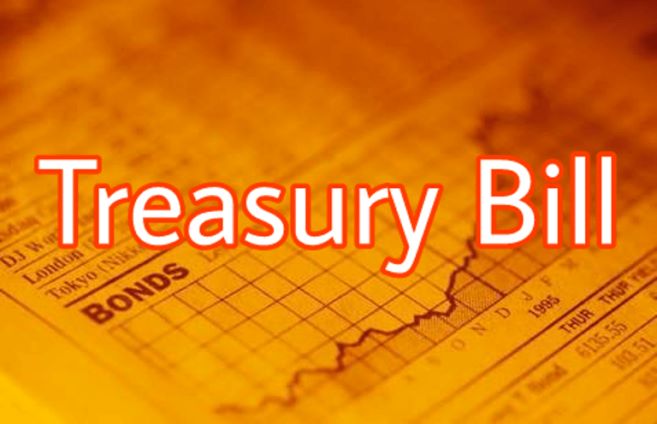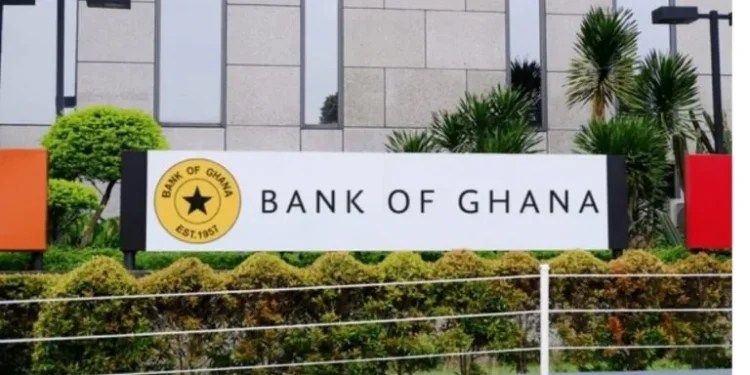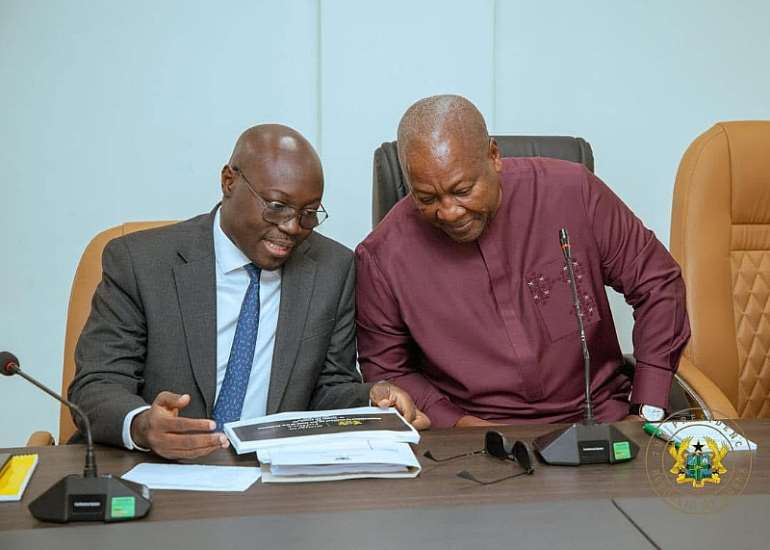Economist Courage Boti says the recent spike in the demand for Treasury bill (T-Bills) last week was a result of a move by the Bank of Ghana (BoG) to suspend its Open Market Operations (OMO).
The market analyst in an interview with The High Street Journal believes that there is a direct link between the recent surge in T-bill bids to the central bank’s suspension of its key liquidity management tool.
OMO is a tool by the BoG to control liquidity in its attempt to manage inflation. With this tool, the bank sells BoG bills at attractive rates to mop up excess liquidity in the system to control inflation.
Experts have confirmed that the low demand for T-bills was a result of the high interest offered by the BoG on its bills. The attractive interest on the BoG bills, which was higher than the rates on the T-Bills, forced many investors to abandon the government bills for the BoG bills, hence the consistent weekly undersubscription.

However, inflation has seen a significant decline to around 13 per cent, which partly caused the BoG to suspend its OMO.
Courage Boti tells The High Street Journal that, with OMO off the table, investors interested in short-term instruments had no option but to revisit the T-Bills.
He further explained that the investors were more motivated as the drop in inflation was below the T-Bills rates, offering real returns.
To him, the T-bills became the go-to safe haven for many investors as the BoG’s suspension of OMO created a vacuum for short-term investment instruments. Naturally, the demand pivoted to Treasury bills, which offer similar maturity profiles.
The impact of this shift is what was seen on the T-Bills market, where the instruments were heavily oversubscribed despite the significant drop in rates.

The Impact
This spike in demand, Courage Boti says, enabled the government to drag down the interest rate on the principle that higher supply attracts lower prices.
This helped the state borrow at lower interest rates, easing the pressure on its domestic debt servicing costs. This means cheaper borrowing costs for the government, which is very helpful as it enables the government to meet its maturing obligations and recurrent expenditure.
For a government managing tight fiscal conditions under an IMF-backed program, the economist maintains this is good news.

Dr. Ato Forson (left) & President John Mahama (right)
But Will It last?
But even as the government enjoys the short-term relief, there are concerns about how long this window will remain open.
Courage Boti further raised the question of sustainability. For him, what happens if inflation expectations change, or if BoG resumes its OMO issuance? That could fragment investor demand or push rates back up.
He also cautioned that this influx of demand doesn’t necessarily reflect new money entering the system, but rather a reshuffling of existing portfolios, an artificial advantage that may not hold if macroeconomic conditions shift.
The Bigger Picture
The development also exposes how closely Ghana’s monetary and fiscal instruments are intertwined. With BoG working to stabilise the cedi and curb inflation, and the government pursuing its domestic borrowing agenda, policy signals from either side can significantly sway market sentiment.
As the government navigates 2025’s economic terrain, this episode offers both a valuable lesson and a timely advantage, but it’s one that must be managed wisely to avoid slipping back into high-cost borrowing territory.
Source:thehighstreetjournal


